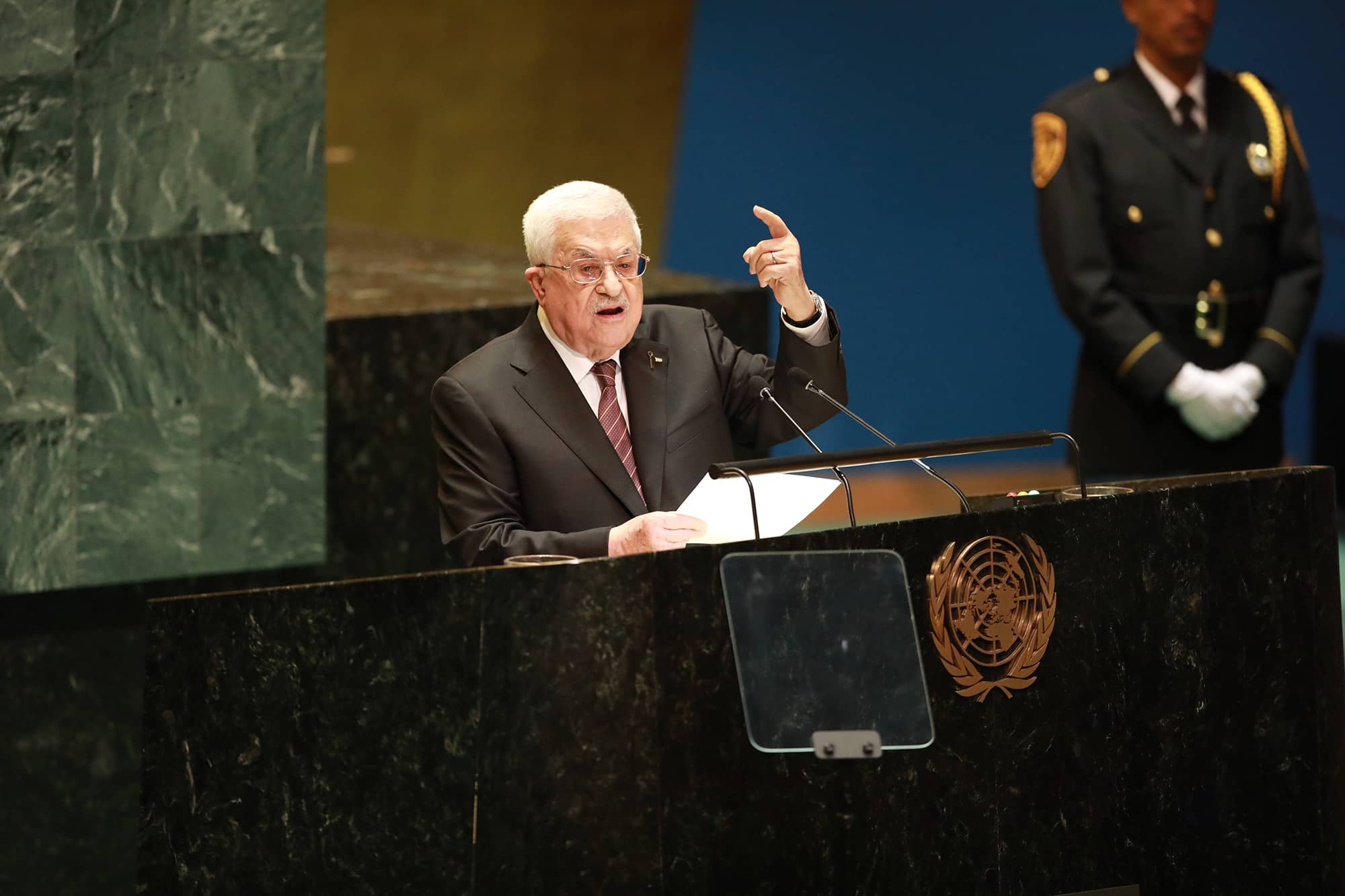Following the controversial rebranding of the United States Department of Defense as the Department of War, analysts at the Royal United Services Institute (RUSI)—the world’s oldest security think tank—issued a stark rebuke, contending that “the War Department was abolished for a reason.” They framed the move not as a pragmatic shift but as a regressive dismissal of the modern, holistic concept of “defense.”
The change, unveiled during a nationally televised press conference and couched in rhetoric of strength, victory, and “restoring the warrior ethos,” stunned allies, unsettled adversaries, and reignited debates across policy circles.
For Trump and his supporters, the change is more than semantic. “From 1789 to 1947, our nation won some of its greatest military victories under the Department of War,” Trump declared. “We went woke, renamed it Defense, and since then we have not won a major war. Words matter. This is about restoring victory and intentionality.”
Yet analysts at RUSI, were quick to counter that the name change represents not strategic clarity but “political theater.” In a published commentary, RUSI experts argued: “The War Department was abolished for a reason. Bringing it back won’t make America stronger.”
Critical Discourse Analysis: Power, Language, and Ideology
To fully grasp the significance of this rhetorical and institutional shift, it is instructive to turn to Critical Discourse Analysis (CDA), an approach developed to study how language shapes and reflects relations of power, ideology, and identity.[1] As a political realist framework, CDA exposes how symbolic acts like renaming a department are not neutral choices but deliberate interventions in the power-laden field of global politics.
CDA rests on five key features—action, context, history, power, and ideology[2]—each illuminating the implications of the rebrand:
- Action: Trump’s language frames the renaming as an act of restoration, not innovation. His repeated invocations of “victory” and “warrior ethos” signal intentional persuasion, aimed at reconstituting public imagination around strength and aggression rather than defense and diplomacy.
- Context: The announcement comes amid a fraught global security landscape with wars in Ukraine and the Middle East, rising tensions with China, and domestic debates over military spending. Within this context, the rebrand functions as both a domestic rallying cry and an international signal of deterrence.
- History: The president explicitly situates the renaming in a historical lineage stretching back to George Washington and the early Republic, while contrasting it with post-1947 “failures.” The historical argument simplifies a complex record of U.S. foreign interventions into a binary: wars were “won” under the War Department, and “not won” under Defense.
- Power: The discourse embodies a struggle between competing visions of military purpose—a realist emphasis on offensive dominance versus a more modern, holistic understanding of defence as deterrence, alliance-building, and stability. The very act of renaming reveals how language itself becomes a tool of hegemonic power.
- Ideology: At its core, the rebrand reflects an ideology that equates strength with bellicosity, and peace with domination. The now Secretary of War Pete Hegseth’s statement, [IE1] “We’re going to go on the offense, not just on defense. Maximum lethality, not tepid legality,” crystallizes an ideological preference for force over restraint.
RUSI’s Response: “A Step Backward”
RUSI analysts argue that such framing undermines decades of careful strategic positioning. In their assessment, the term defense carries connotations of legitimacy, restraint, and moral high ground—concepts critical in an age of hybrid warfare and information campaigns. To revert to war risks alienating allies, emboldening adversaries, and framing the U.S. as an aggressor rather than a protector.
The language of ‘defense’ reflects an evolved understanding that security is not only about winning wars but also about preventing them. As a RUSI fellow noted, Congress created the Department of Defense in 1949 for good reason. Renaming it risks sending the wrong signal—that the U.S. sees war as the default condition of international relations.
Trump’s Argument: Winning Requires War
In contrast, Trump presented the rebranding as both a symbolic and practical reset. He pointed to U.S. stalemates in Korea, Vietnam, Iraq, and Afghanistan as evidence that the Department of Defense has “fought forever but never to win.”
“Wars that every one of them we would have won easily with just a couple of little changes,” Trump argued. “We never fought to win. Now, with the War Department, America is back.”
Hegseth echoed this vision: “This is about restoring victory and clarity as an end state. The War Department is going to fight decisively, not endless conflicts…warriors, not just defenders.”
Strategic Implications: Domestic and Global
The implications of this rhetorical turn extend beyond semantics. Domestically, it appeals to Trump’s populist base, framing him as a truth-teller who rejects “political correctness” in favor of blunt realism. Internationally, its impact may be contradictory. On the one hand, it may unsettle allies who rely on American assurances of defense rather than conquest, while emboldening rivals who interpret the rebrand as confirmation of U.S. aggression. On the other, it may deter foes and enemies who became accustomed to viewing America as lacking the appetite to fight and sacrifice, and, at the same time, reassure allies like Israel who seek a more determined commitment from the U.S., as was manifested in the war with Iran.
CDA reveals that this renaming is less about bureaucratic reorganization than about discursive power: reshaping how Americans, allies, and adversaries imagine the role of the United States military. By privileging “war” over “defense,” Trump signals not only a return to a martial ethos but also a worldview where might is necessary to make right, and where peace is more likely to be achieved through force and not only by diplomatic means.
Table 1: Deconstructing the Rhetorical Battle – CDA Dimensions and Ideological Conflicts in the “Department of War” Debate
| CDA Dimension | Trump’s Discourse (Pro-rebranding) | RUSI & Critical Counter-Discourse (Anti-rebranding) | Underlying Ideological Conflict |
|---|---|---|---|
| Action (Goal) | To persuade by framing the change as a restoration of historical strength, “victory” and a “warrior ethos.” Aims to mobilize domestic support | To warn that the move is regressive “political theater” that undermines strategic credibility and alliance cohesion | Persuasion vs prudence: the struggle to define the rebranding as either a necessary return to strength or an abandonment of modern statecraft |
| Context | Announced amid protracted conflicts (Ukraine, Middle East) and domestic political polarization. Framed as a necessary response to a dangerous world | Analysed within the context of hybrid warfare and information operations, where perceived legitimacy and moral high ground are strategic assets | Deterrence vs Legitimacy: a clash between projecting raw power to deter adversaries and maintain a defensive posture to retain alliance trust |
| History | Invokes a selective history (1789-1947) of “total victory,” contrasting it with post-1947 stalemates. Argues the “defence” era has been a failure | Contends the 1947 shift to “defense” was a deliberate, rational evolution toward a holistic security concept that includes deterrence and diplomacy | Nostalgia vs progress: a battle over historical interpretation, whether to revert to a mythologized past or continue an evolved, modern strategic tradition |
| Power | Exercises power by imposing a new narrative that equates military strength with offensive dominance and rhetorical bellicosity | Challenges this power dynamic by asserting that true strength lies in the soft power of restraint, alliance leadership, and defensive legitimacy | Hard power vs soft power: a fundamental debate over the sources of national strength, whether derived from offensive capability or from perceived legitimacy and partnership |
| Ideology | Rooted in a hardline realist ideology that prioritizes military supremacy, disrupts diplomacy, and views internation relations as perpetual state of conflict | Grounded in a liberal institutionalist ideology that values multilateralism, deterrence, and the norm that war is a failure of policy, not a default condition | Realism vs liberal institutionalism: the central ideological divide, reflecting opposing worldviews on the nature of the international system and the role of military force |
Conclusion: A Name, a Narrative, a Nation
The rebranding of the Pentagon may seem cosmetic, but names matter. They encode histories, shape identities, and project ideologies. Trump’s Department of War attempts to rewrite the narrative of American military power, casting the nation once again as a warrior republic destined for victory.
Whether this rhetorical turn yields strategic strength or geopolitical vulnerability remains to be seen. For RUSI and other critics, however, one conclusion is already clear: the War Department was abolished for a reason.
An Israeli Perspective. In Israel, the equivalent ministry is called the Ministry of Security, but in English it is translated as the Ministry of Defense—just as the military is called The Israel Defense Forces (IDF). Since 1973, this terminology has reflected not only the emphasis Israelis want to put on the defensive nature of their national security concept but also the unease the security establishment has with “winning” and “victory” as concepts that determine their goals. This is evident in the debate regarding the goals of the war against Hamas in Gaza. It remains to be seen if President Trump’s decision to rebrand as the Department of War will have any effect on the debate in Israel.
[1] Fairclough, N. (2010). Critical discourse analysis: The critical study of language (2nd ed.). Routledge. https://doi.org/10.4324/9781315834368
[2] Eriyanto. (2012). Discourse analysis: An introduction to media text analysis. LKiS.
JISS Policy Papers are published through the generosity of the Greg Rosshandler Family.














